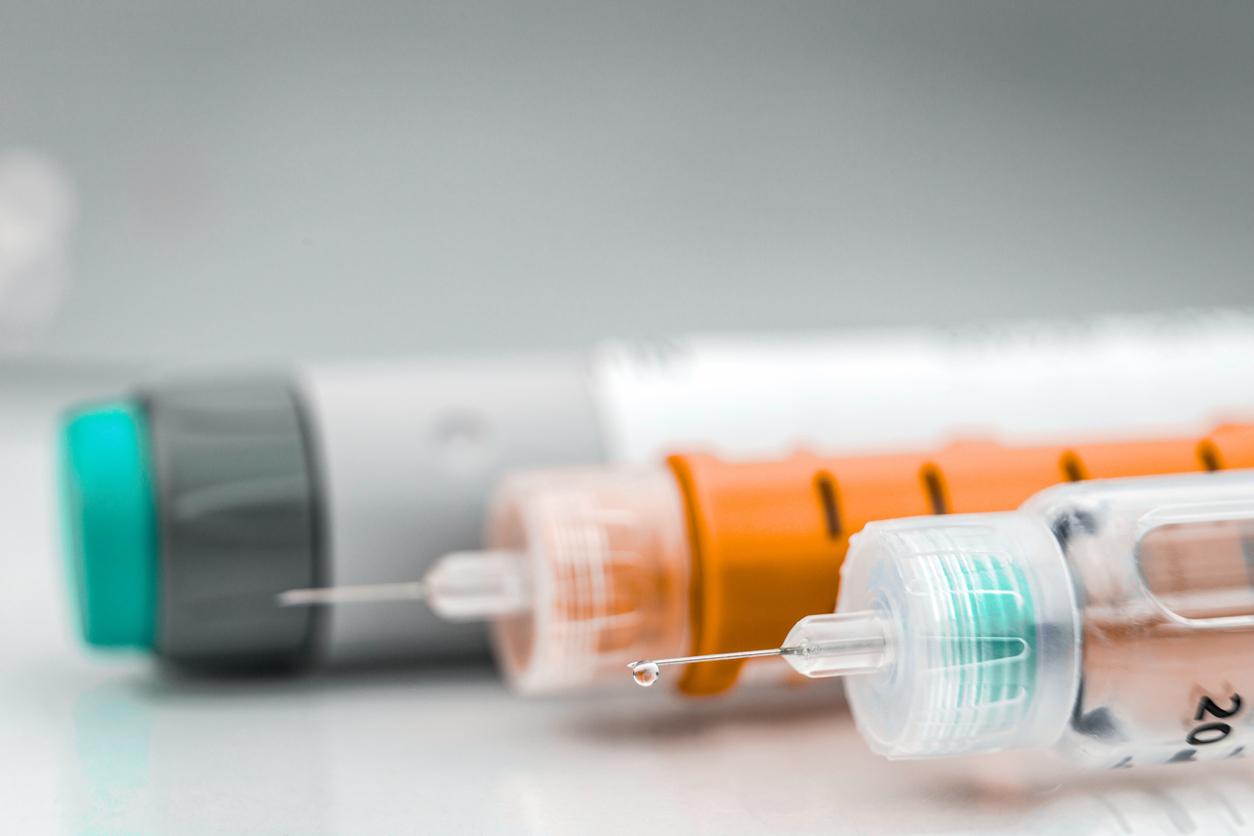Pancreatic islet transplantation has been recognized as a new therapy for type 1 diabetes by National Health Insurance.

- In France, nearly four million people were identified as diabetics by Health Insurance in 2019.
- Diabetes leads to serious long-term complications such as kidney or cardiovascular disease.
About 10% of diabetics have type 1 diabetes, according to theNational Institute of Health and Medical Research (Inserm). This is due to a lack of secretion of insulin – a hormone that regulates blood sugar levels – by the pancreas and is generally present from childhood or adolescence. Type 2 diabetes, on the other hand, is caused by the body’s cells not using insulin properly. But, in both cases, it is characterized by too high blood sugar, hyperglycemia.
A transplant in the pancreas to replace insulin injections
The treatment currently offered to people with type 1 diabetes consists of regular injections of insulin, to compensate for what the pancreas is not doing. But the Health Insurance has just approved a new therapy which could change the daily life of these patients: the transplant of pancreatic islets.
In detail, in patients with type 1 diabetes, the pancreas does not secrete insulin because its cells are destroyed by immune cells. Thus, pancreatic islet transplantation involves implanting cells in the pancreas that secrete insulin to compensate for non-functional cells.
“Islets are very rare cells, hidden within the pancreas, explains François Pattou, surgeon and co-founder of the Diabetes Research Institute (EGID) to the media 20 minutes. A small amount, the equivalent of a thimble, is removed to perform a transplant.” Thus, patients with type 1 diabetes will no longer need insulin injections.
A new therapy for patients with type 1 diabetes
“This is the first reimbursed transplant since the lung transplant 20 years ago. develops François Pattou. Throughout this period of research [une quinzaine d’années]about sixty people have benefited from this transplant in Lille, a few in Strasbourg too, and it works.” Indeed, during this phase of clinical trials, the researchers observed that, more than 10 years after the transplant, more than three quarters of the patients present with a viable graft.
“Thanks to this transplant, patients no longer need to perform these injections, the disadvantage of which is their relative effectiveness.”, insists François Pattou who received, with his research team, the Line Renaud-Loulou Gasté award on November 21 for this discovery. Scientists hope that this therapy, now recognized and reimbursed by health insurance, will be democratized in France and expect, in the future, 100 to 200 transplants performed each year.
















